In his second novel, We Germans, Alexander Starritt poses an intriguing question to one generation from another and asks what it was like to be on the German side during the Second World War.
When a young British man asks his German grandfather what it was like to fight on the wrong side of the war, the question is initially met with irritation and silence. But after the old man’s death, a long letter to his grandson is found among his things.
That letter is this book. In it, he relates the experiences of an unlikely few days on the Eastern Front – at a moment when he knows not only that Germany is going to lose the war, but that it deserves to.
Alexander Starritt hones in on one man and his grandson to tell his story and, by doing so, the demonic ‘other’ reverts to human form, instantly relatable and recognisable as Callum’s grandfather or opa. We read the letter he leaves behind upon his death, all the while hearing opa’s voice in our head. There is no ranting or raging monster here, but instead a man who approaches his letter-writing task in the methodical and efficient way we’ve only come to expect from the Germans. And interspersed throughout, the letter’s intended recipient, Callum, recounts his memories of his opa.
At the outset, opa maintains “I’m not trying to clear my conscience. What’s on it is on it.” But then he goes on: “I wasn’t a Nazi… I didn’t see the camps and I’m not qualified to say anything about them. I read Primo Levi’s book about it, the same as everyone else. Except of course that when we Germans read it, we have to think: We did this.”
Just as Starritt chooses to focus on opa and Callum to explore his subject matter, opa selects one wartime foraging expedition, embarked upon with a few others from his company, through which to convey his wartime experiences to his grandson. It’s a memorable episode from his time on the Eastern Front, somewhere opa resolutely maintains was always far worse than being posted to the Western Front. His account is striking, visceral in its detail, as he attempts to convey what life was like there, the atrocities they saw, and everything they experienced, physically and emotionally. It ends with a sequence which seems to come straight out of a madcap movie, either for the recklessness or courage shown in deciding to go through with it in the first place or the men’s sheer dumb luck in managing to come out of it alive, even if not completely intact.
In taking one man’s wartime experience and showing us his life through this prism, we get a real sense of what it might have felt like to be on the other side. We Germans reveals the internal conflict that arises out of being on this losing or wrong side, and the way in which it shaped German identity. This is evidenced through seemingly throwaway remarks and in the small detail of opa’s life during peacetime, something which had a profound effect upon me. Before writing his letter, he may have reduced his wartime experiences to platitudes he could share over a coffee but he also recognises this for the coping mechanism that it is, enabling him to live his life.
At 208 pages, We Germans may appear slight but it’s a bold and ambitious novel. I admire Starritt’s unflinching approach in making the usually despised and demonised enemy his protagonist here, effectively humanising the other side by providing him with a relationship we can relate to and, through him, exploring the wider notions of collective guilt, shame, and the burden of being German, or being of German descent, like Callum.
We Germans by Alexander Starritt is published by John Murray Press, and is available as an audiobook, ebook and in hardback with the paperback out in February 2021. You can find it at Amazon UK or buy it instead from Hive where every purchase you make helps to support your local independent bookshop. Alexander Starritt was born half-Scots, half-German. He’s an author, journalist and translator of fiction, poetry and academia from German, You can find him on Twitter.
My thanks to the publisher for providing a review copy via NetGalley.
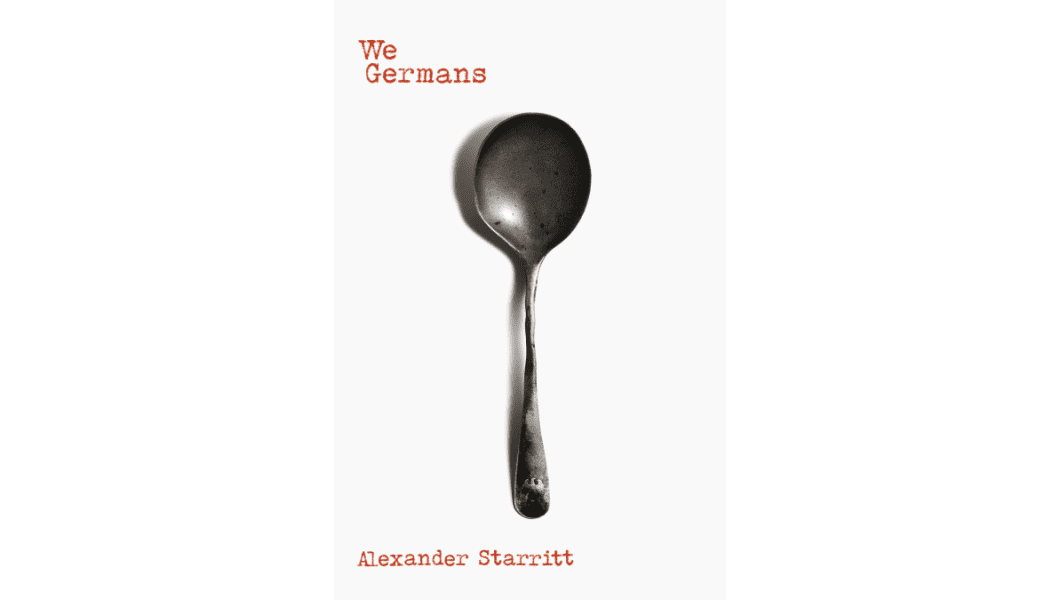
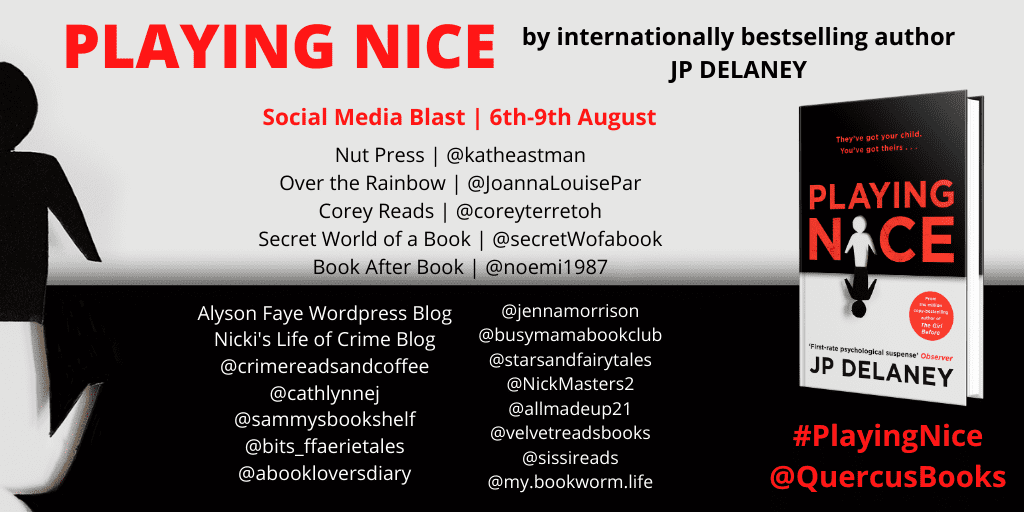

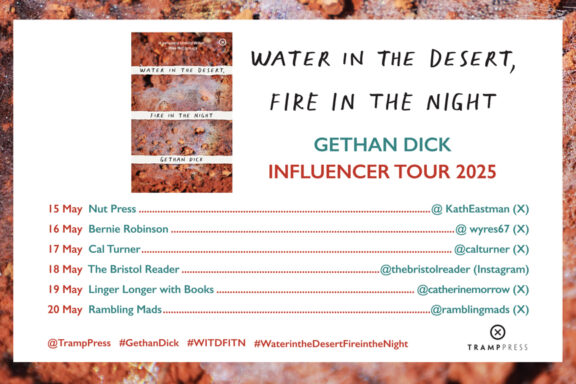
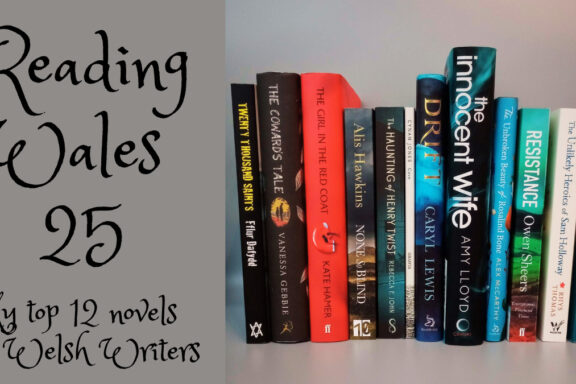
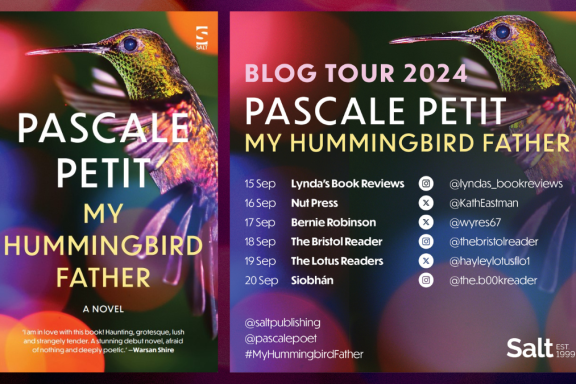
Leave a comment